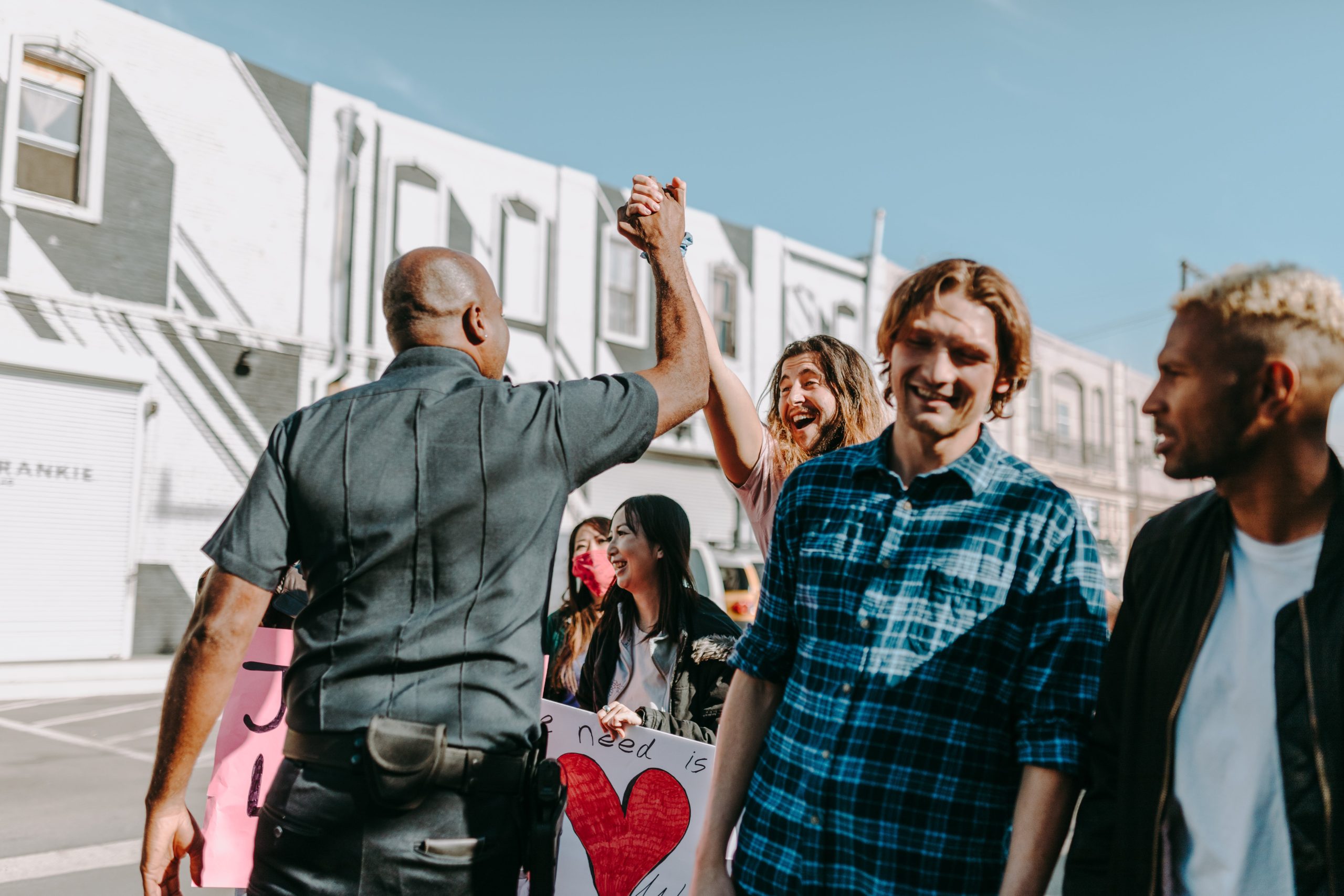Supporting Police Officer Health: The Case for Proactive Wellness Programs
Law enforcement is stressful public service with significant physical and mental health impacts. But cultural attitudes often deter officers from seeking help voluntarily. Progressive agencies now enact proactive well-being programs to safeguard personnel preemptively. This post makes the case for prioritizing holistic officer wellness and provides proven strategies.
The Need is Clear
Consider alarming statistics:
- Police die from suicide 2-3 times more often than from felonious assaults.
- 40% suffer from sleep disorders often linked to PTSD.
- Over 25% have been diagnosed with depression or anxiety.
- Almost 25% have alcohol abuse rates double the general public.
- Officers have higher rates of cancer, heart disease, diabetes and obesity.
Without supportive infrastructure, continued trauma erodes officers over time.
The Benefits are Manifold
While skeptics may see wellness initiatives as coddling, data shows the benefits to mission:
- Injury rates were 41% lower for officers participating in health programs in one study.
- Employee assistance referrals decreased by 67% over 5 years in the LAPD after launching peer support.
- Dallas PD saw 72% reduction in sick leave usage due to resilience training.
- Reported mental distress declined by 46% for officers using mindfulness techniques.
Supporting officers ultimately enables them to support communities.
Components of Effective Programs
Successful wellness programs take holistic approaches. Best practices include:
- Proactive medical care like free annual checkups to catch issues early when treatable.
- Access to licensed counselors with trauma expertise. Confidentiality and anonymity options encourage use.
- Peer support networks to provide mentoring through shared lived experiences.
- Training in stress management, resilience, family strengthening and suicide prevention.
- Wellness-focused influencers within the department who motivate culture change through education and modeling self-care.
- Anonymous surveys by Officer Survey to surface unmet needs and barriers to using existing resources.
- Secured online platforms providing 24/7 access to support resources and communities.
- Leadership messaging emphasizing wellness as vital for performance, not a weakness.
Multipronged efforts covering mental, physical, social and emotional health are most effective.
Protecting the Protectors
Some question whether agencies should invest in wellness versus just hiring more resilient personnel, but research shows cumulative stress affects even the toughest officers over time. And while leaders can’t mandate self-care, they can make engaging easier.
Ultimately, officer well-being merits prioritization for its own sake, not just improving outcomes. Officers deserve support after bearing public burdens and trauma. A duty to all who risk so much in service. With tailored programs, law enforcement can lead in supporting those within its ranks – and benefit as a result.
Officer Survey
One valuable tool to inform wellness programs is anonymous officer surveys by Officer Survey. Confidential polls identify evolving challenges and barriers that may deter personnel from utilizing current resources. With data insights on gaps in existing efforts, leaders can refine supports to be more relevant to needs. Surveys also allow officers to provide suggestions and request additional assistance privately. Overall, Officer Survey’s secure platform empowers agencies to uncover crucial insights needed to maximize officer well-being over their entire careers. To get started instantly click here






